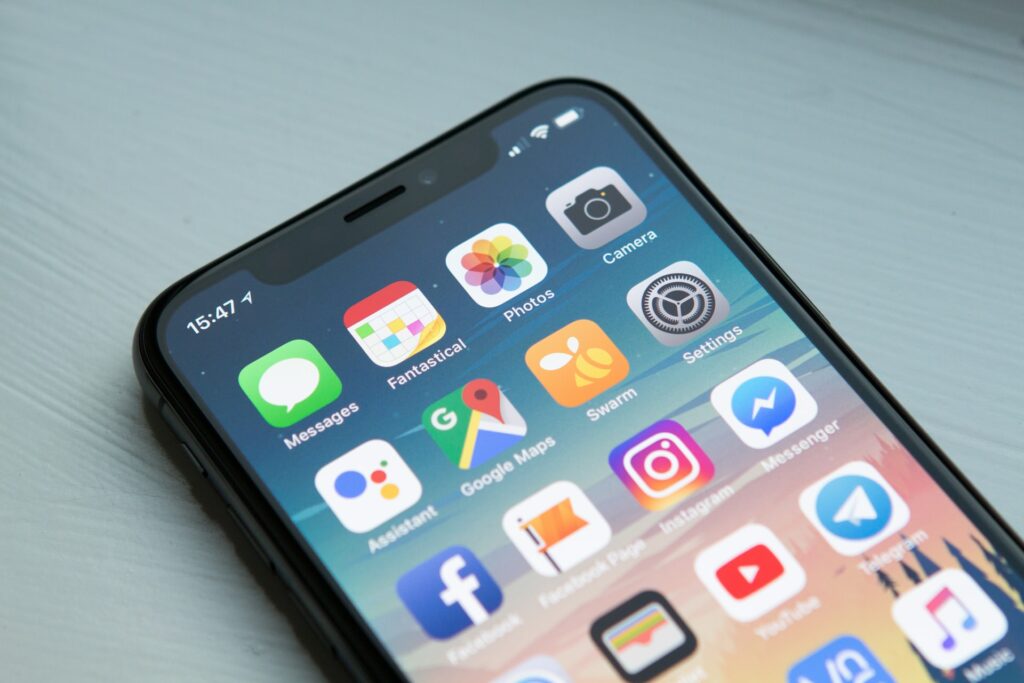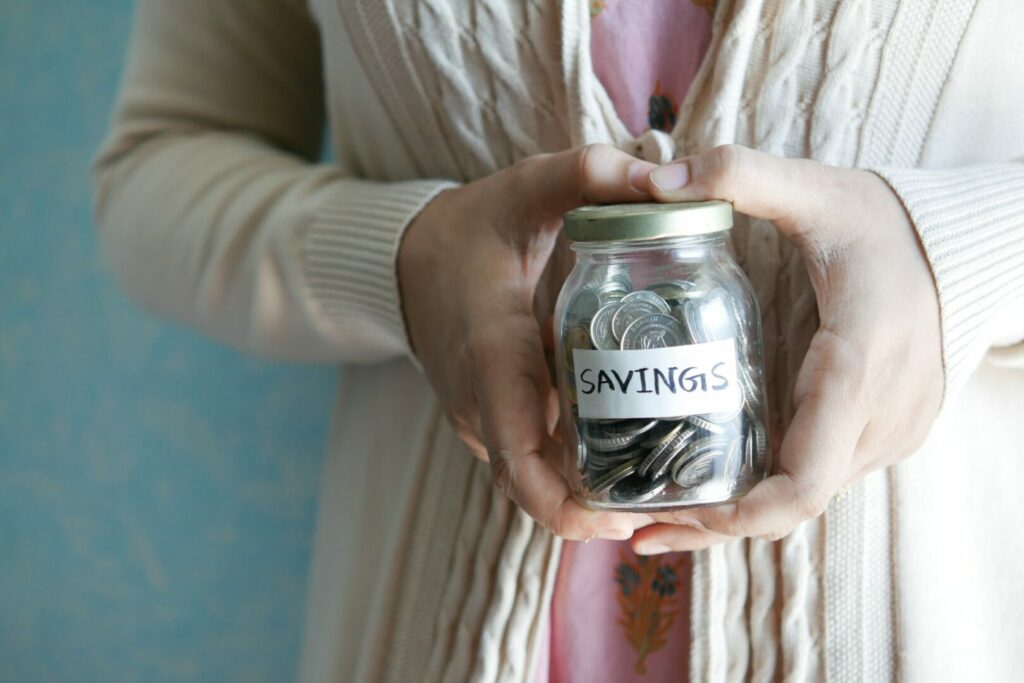Having a baby change everything, from your sleeping pattern to your overall outlook on life. And by now, you have probably realised that your little bundle of joy can also put a hole in your pocket. Now, do not be alarmed!
With a little forethought, your savings account will not only remain intact, but you can also provide your child with everything he or she requires to thrive while not jeopardising your financial security. Below, we will run you through all you need to know on how to achieve them.
1. Know Your Financial Priorities
People who are just becoming parents are often eager to save for everything, which is admirable. This, however, should not come at the expense of your current and future financial security. You can, after all, loan money for education, but you cannot do so when it comes to retirement.
The million-dollar question is, how to save for your retirement? You can begin by using a retirement calculator that is always available at the disposal of your smartphone. Ideally, allocating roughly 15% of your total income would be best. Also, be sure to create an emergency fund with at least $500 seed money. You never know when tragedy strikes.
2. Saving with Apps
There is always an app for just about everything you can ever think of- and money saving is no exception. Did you know that you can save thousands of dollars on baby food and supplies by using Ibotta, Checkout 51, and the Target Cartwheel app? Not only that, but you can also use the app to search for sale prices and find the best deal.
Trust us when we say this. You would be shocked at how much money you are able to save once you have utilised the apps. And the good news is that all these apps are available on Apple App Store! The majority are also available on Google Play and the Amazon App Store. So, what are you waiting for? Go download them now!

3. Borrow Instead of Buying
Go knock on your neighbours’ doors and ask if you can borrow their crib or pack ‘n’ play if their children have outgrown it. There is nothing to be ashamed of when it comes to borrowing. After all, you will be able to save tons on it. Just make sure that borrowing etiquettes are met to avoid having to pay for it later on.
As much as borrowing helps, you are advised to stray away from borrowing personal items, such as baby clothes. Instead, try borrowing expensive items such as a baby crib, baby wardrobe, baby stroller or a baby playing mat. Now you can finally save and spend on that microwave you have been eyeing for so long!
4. Go All Natural
If you are torn between breastfeeding and formula feeding, go with the former. Contrary to popular beliefs, breastfeeding can help safeguard babies from certain illnesses and diseases, both short and long-term. Breastfed babies are less likely to develop asthma, obesity, and sudden infant death syndrome (SIDS).
Janet Nzioka: How I started my business with Sh. 3,000
On top of that, your bank account will be able to grow like never before. Baby formulas are incredibly costly. They range from $50 to $200 per month, depending on the brand, as opposed to breastfeeding, which is unlimited and the best yet, free!
5. Skip Unnecessary Items
Many new parents purchase more than they “require.” Yes, that stylish rocking chair is great, but is it really necessary? Sure, you can always buy them, but only after you have established a solid budget for what you actually require, such as food, diapers, and a Sharp air purifier to keep those lingering bacteria and dust away from your baby.
Also, bear in mind that essentials do not have to cost hefty, especially those you can purchase at your local thrift store or second-hand sites, such as Carousell or eBay. If saving is your number one priority, make sure to avoid splurging on useless items.
6. Review Your Spending
The first step is to review your spending for the previous 80 days. How you spend will reveal your most recurring expenditures and show you where you can save money. Next, examine your top three non-essential spending areas. It could range from getting Starbucks every morning to yoga classes to pedicures to food delivery charges- all of which you can easily cut back to save more.
If you cannot live without caffeine, make one instead of buying. Know that YouTube has a plethora of free classes you can join if you want to do yoga or pedicures. And you can always stop by at the nearest store to grab something instead of having it delivered right to your doorstep. There is always a solution for everything; you just need to put in the extra effort.

7. Dependent Care Flexible Savings Account
Whoever said children are free clearly did not have any. Raising a baby to the age of 18 will cost you about $233,610. In fact, with a 2.2 percent annual inflation adjustment factored in, the lifetime cost of raising a child born in 2022 onwards can even exceed those numbers.
And to think of it again, that is more than the median price of an average house in most countries. An overwhelming amount for parents who wish to provide their children with the best without going into debt. This is why you need a Dependent Care Flexible Savings Account, as it allows you to set aside up to $4,000 per year from your paycheck for your child’s after-school care.
8. Look at Your Net Worth
Looking at your net worth can help you identify your financial priorities. Here is how to calculate your net worth. Take the sum of your total assets and deduct it from your liabilities. Examples of assets are cash, savings and investments. Liabilities, on the other hand, are any debt payments you may have.
Do not pull your hair off if your net worth is negative. Instead, take it as a sign that debt repayment should be a top financial priority. However, if your net worth is positive but only on a more minor scale, it is time to prioritise saving and investing.
Now you probably realise that saving more money does not seem as far-fetched as it once did. With all the steps above, coupled with good self-control and planning, you and your children are sure to have a wonderful life ahead of you!









